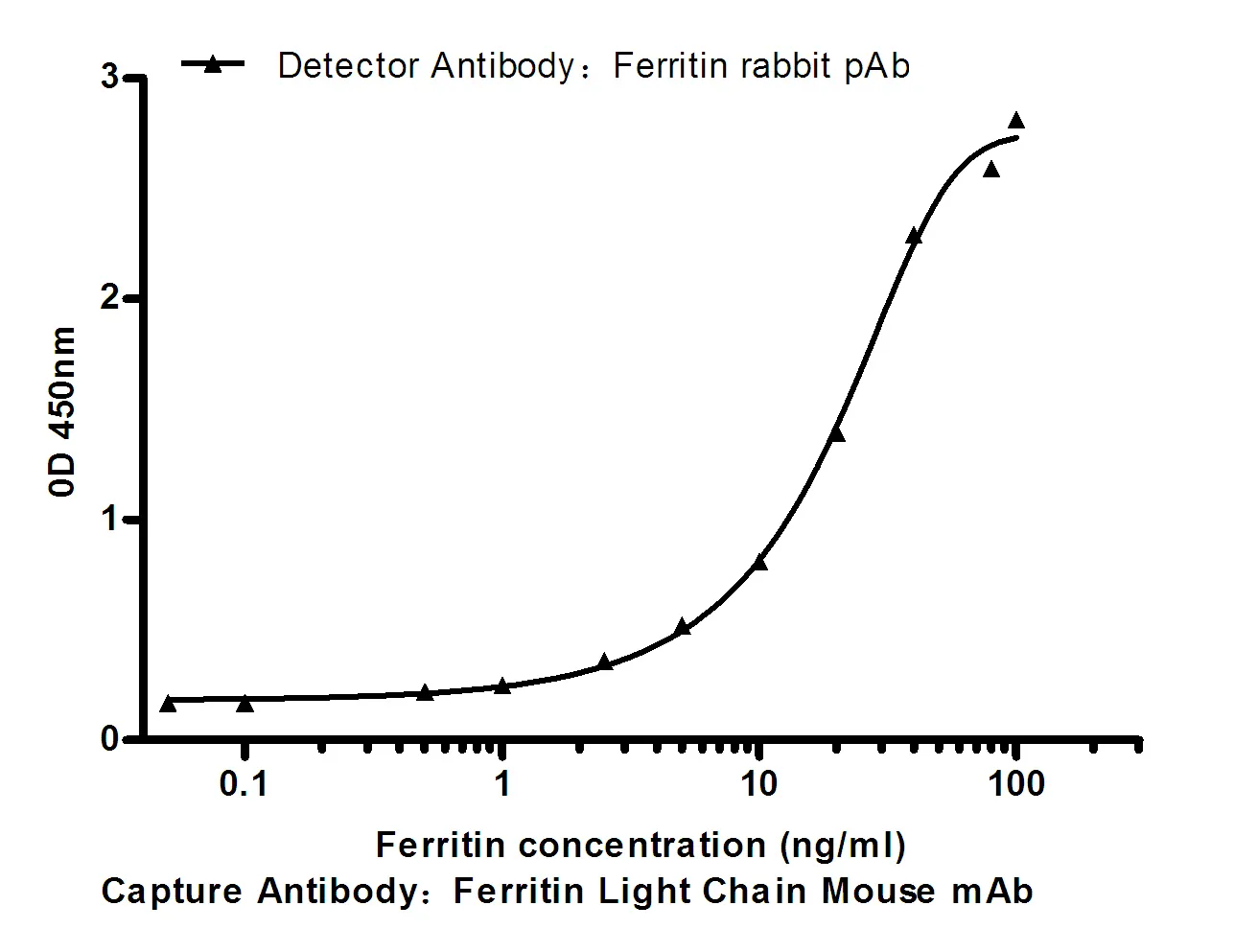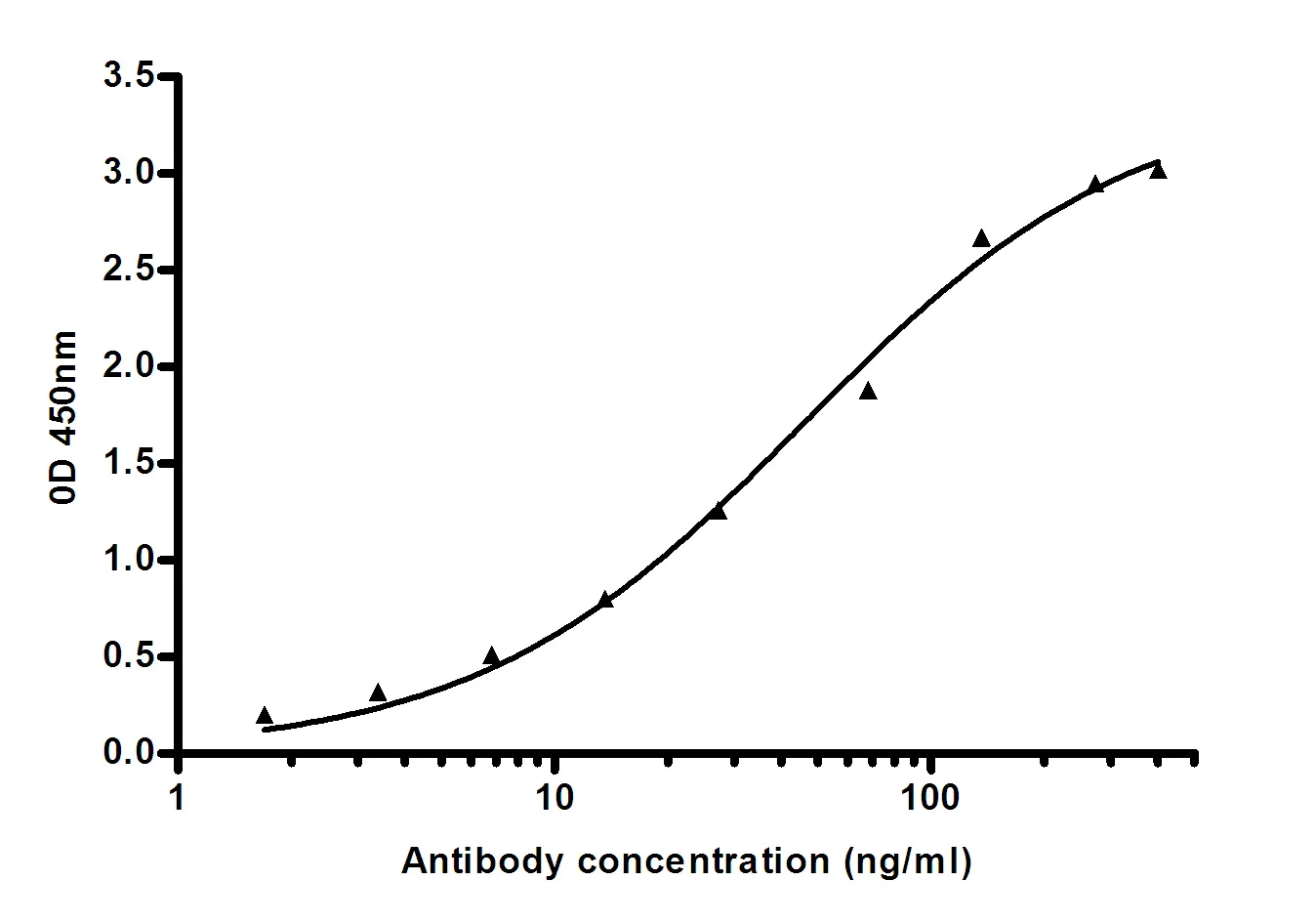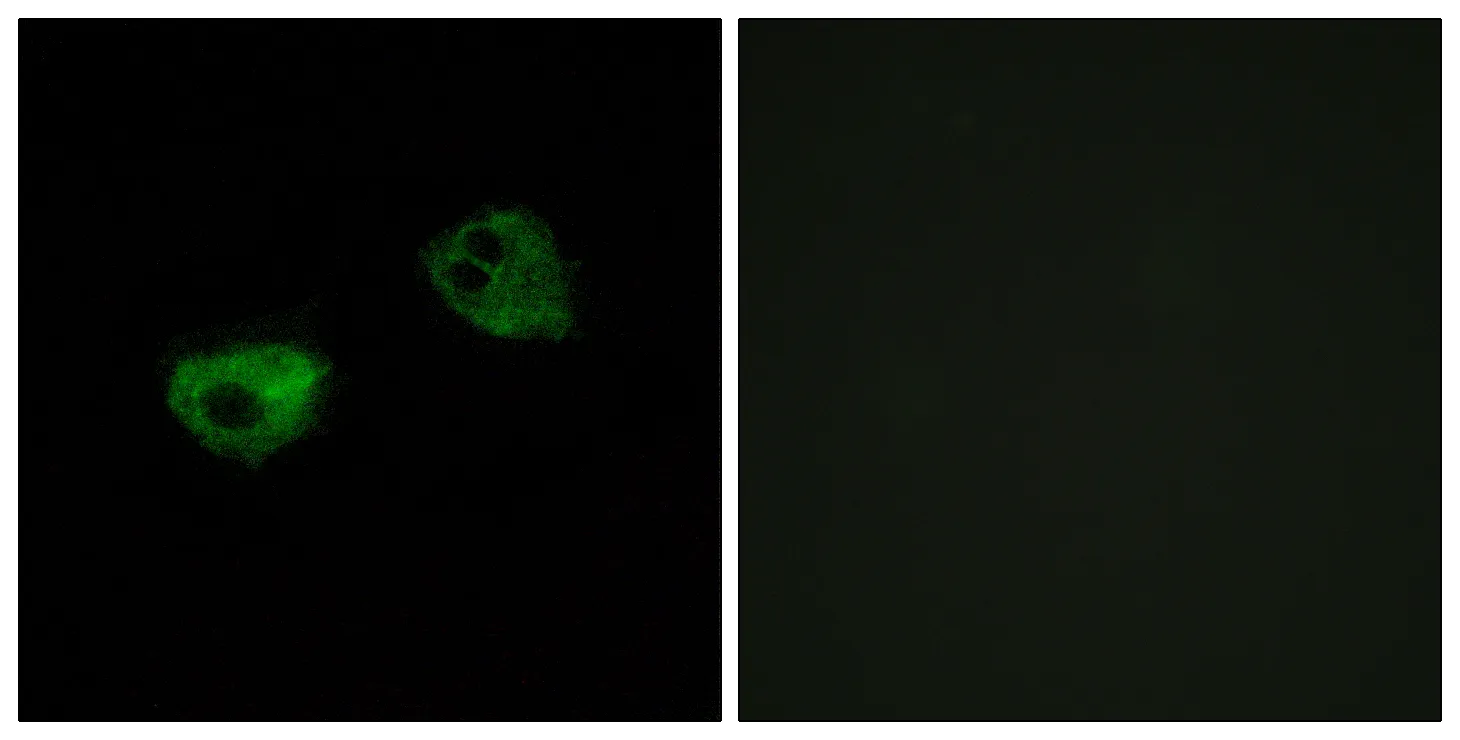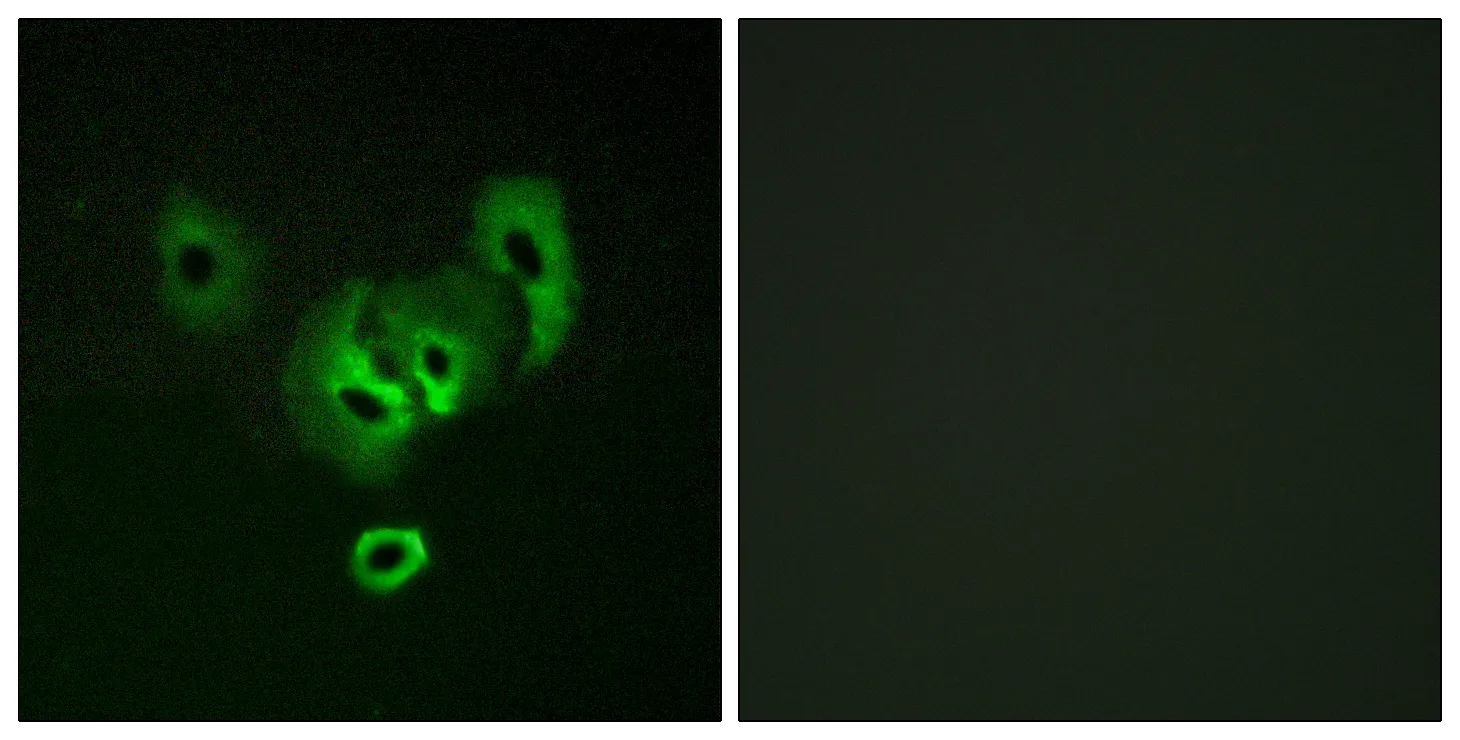Summary
Performance
Immunogen
Application
Background
This prostate-specific gene encodes a cytoplasmic protein, as well as a polytopic membrane protein which may serve as a target in prostate cancer diagnosis and immunotherapy. Alternative splicing results in multiple transcript variants encoding different isoforms. [provided by RefSeq, Aug 2011],caution:It is uncertain whether Met-1 or Met-55 is the initiator.,function:May act as a calcium-activated chloride channel. May play a role in cell-cell interactions.,induction:Up-regulated by androgen.,similarity:Belongs to the anoctamin family.,subcellular location:Concentrates at sites of cell-cell contact.,tissue specificity:Specifically expressed in epithelial cells of the prostate (at protein level).,
Research Area
Signal Transduction; Metabolism; Plasma Membrane; Channels






